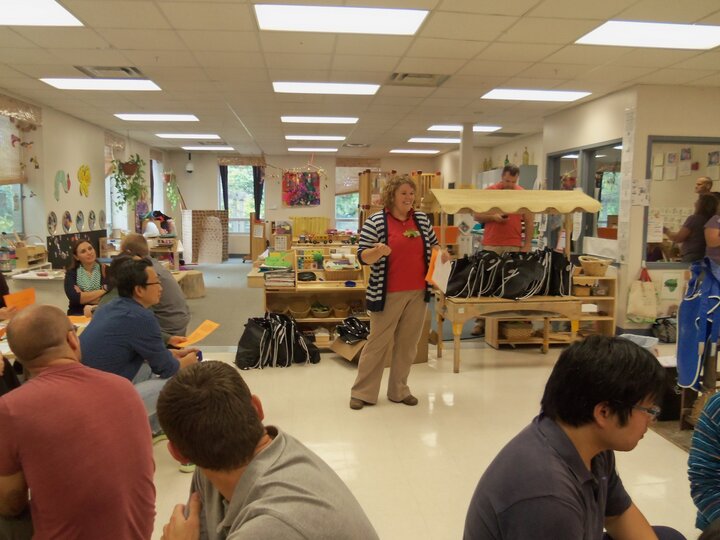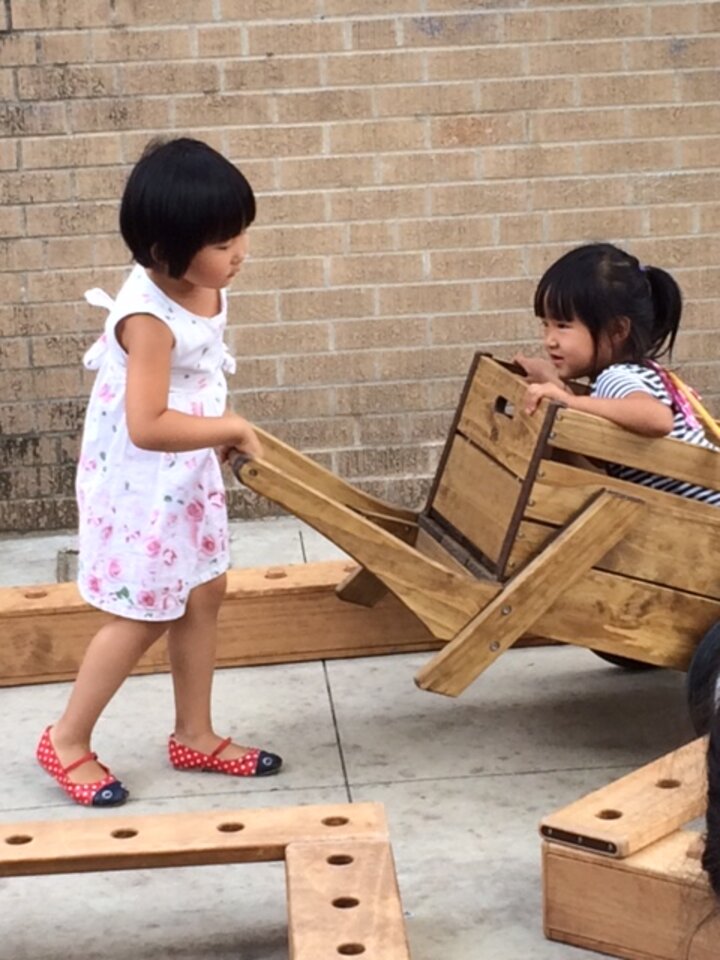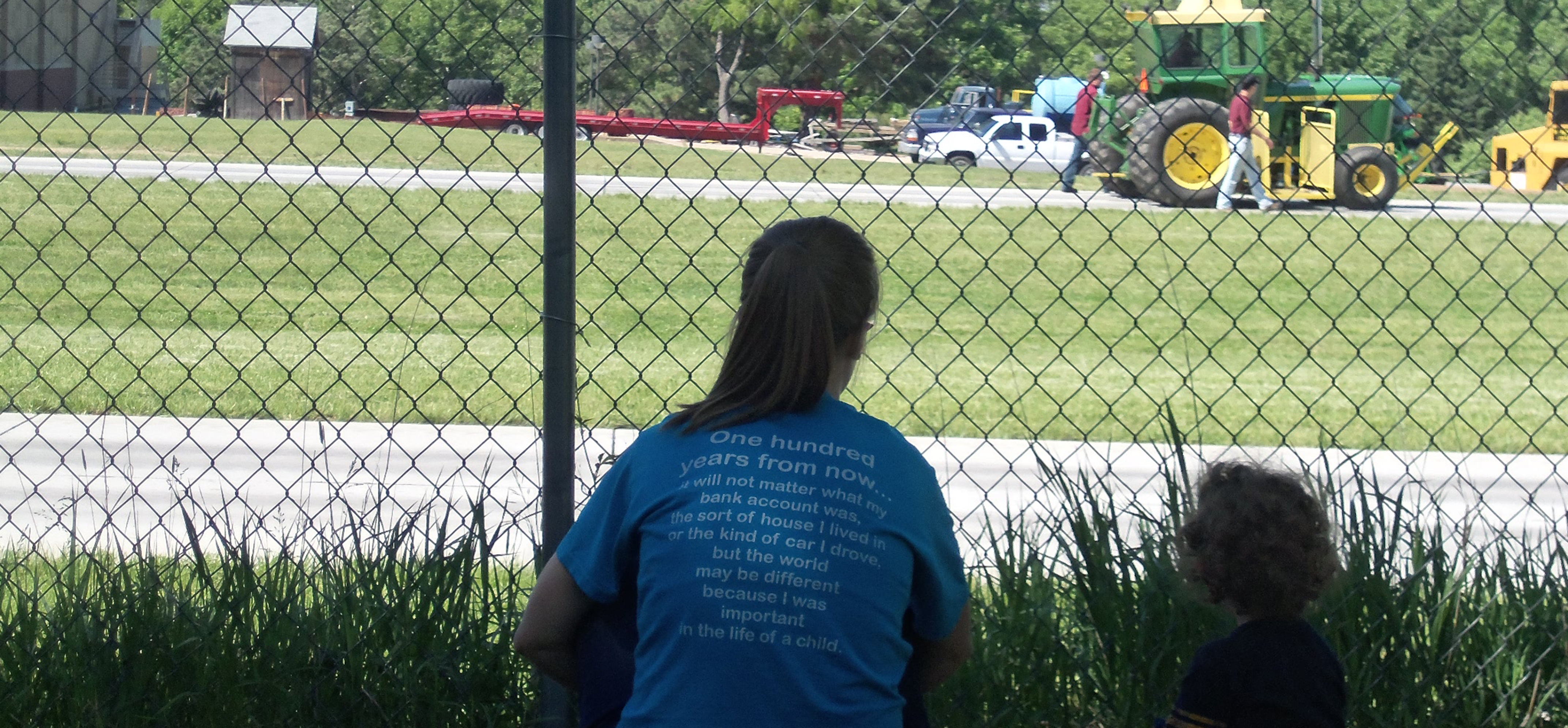Early Childhood Education based in the context of relationships. We support the wellbeing and development of children, families, pre-service teachers, and early childhood educators. The three main components of the Ruth Staples Child Development Lab is education, outreach, and research in the context of relationships.
The educational mission of the Child Development Lab is fulfilled by creating a "community of learning," in which children, parents, students, and faculty all learn from each other. The research mission is embedded in the daily routines and partnerships among Department and College-wide connections. The outreach mission is fulfilled by providing the best possible developmentally appropriate childcare and education, and by providing various consulting and support services in Lincoln, in the State of Nebraska, and even for international clientele and organizations.
Parental support of the mission of the Child Development Lab is essential. As parents, you contribute to the community of learning, to childcare and education, and to informal research on an ongoing basis.
The Ruth Staples Child Development Laboratory Program provides an educational and developmentally appropriate setting in which children and adults grow and learn together. To this end, the environment is prepared by staff and students and experiences are provided which:
- contribute to developing positive self-regard
- maintain good health and safety as a primary concern
- encourage learning to relate in socially appropriate ways to other children and adults
- foster optimal development in all areas: physical-motor, social, emotional, and cognitive
- encourage understanding and acceptance of one’s own and other’s emotions
- expand a child’s concepts and ideas about the world by fostering an appreciation of individual differences in the home, school, and world community
- promote language competence in communication with others
- encourage self-expression
- stimulate curiosity and the desire to learn
- foster a value for all living things and the responsibility for living in the world in an ecologically wise manner
- promote the importance of living peacefully with a wide variety of people
Student Placement at the Lab School
Preservice teachers placed at the lab school get hands-on practical experiences in teaching in the early childhood classroom. Student teachers, practicum students, observers are coached and mentored by highly skilled Faculty at the lab school.
Each student gets one on one reflective practice opportunities to build their teaching skills and confidence as an early childhood professional. Students gain experience building teaching skills in an inclusive diverse early childhood program. Students at the lab school work on curriculum implementation, observation and assessment of child developmental skills, implementing best practices in social-emotional skills, classroom management, documentation of learning, parent involvement strategies, community connections and outreach.
The NAEYC Code of Ethical Conduct is referenced and embedded into teaching practice throughout the semester in regards to student-teacher feedback, student-teacher assignments, collaboration, and self-reflection of staff and student teachers. The code of ethical conduct involves: appreciating childhood as a unique and valuable stage of the human life cycle; basing our work on knowledge of how children develop and learn; appreciation and support of the bond between children and their families; recognizing that children are best understood and supported in the context of family, culture, community, and society; respecting the dignity, worth, and uniqueness of each individual (child, family member, and colleague); respecting diversity in children, families, and colleagues; and recognizing that children and adults achieve their full potential in the context of relationships that are based on trust and respect.
If you have an interest in early childhood and want to become a part of our Ruth Staples family check out our undergraduate degree in Inclusive Early Childhood Education, Human Development and Family Science or look into Graduate Degree in Child Development/Early Childhood Education.


